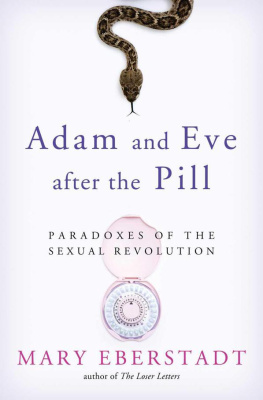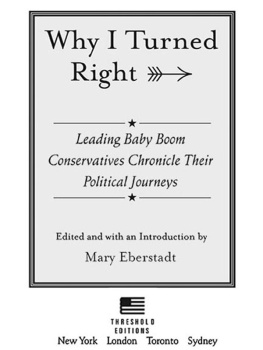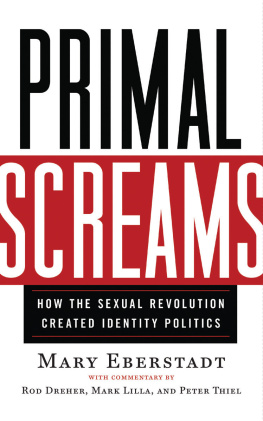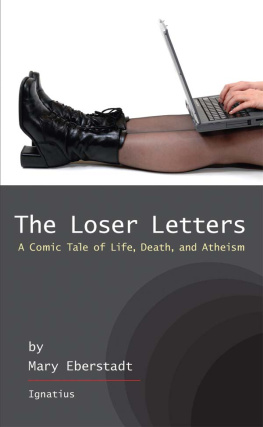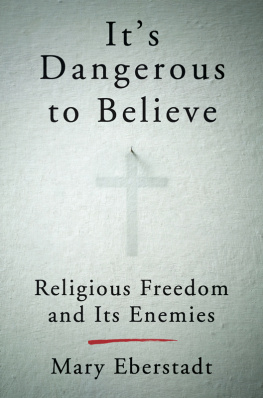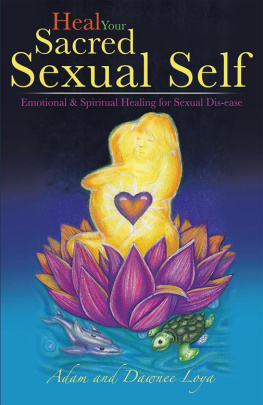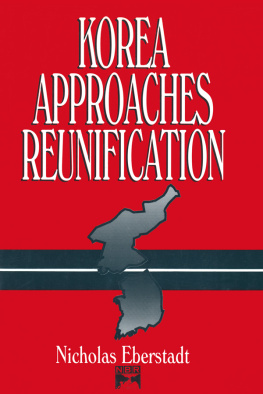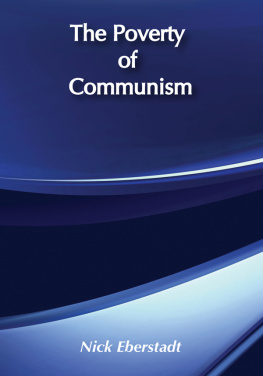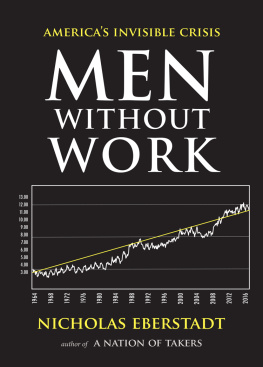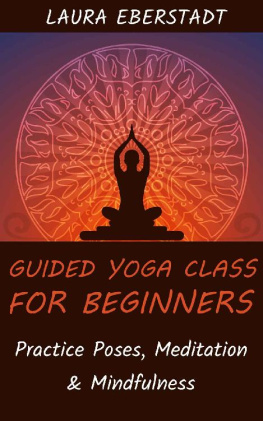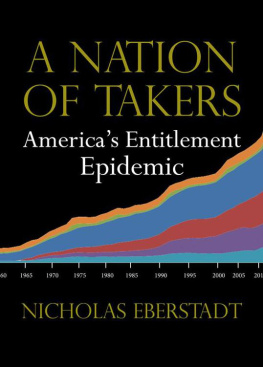ADAM AND EVE AFTER THE PILL
MARY EBERSTADT
ADAM AND EVE
AFTER THE
PILL
Paradoxes of the Sexual Revolution
IGNATIUS PRESS SAN FRANCISCO
Cover photographs: iStockPhoto.com
Cover design by John Herreid
2012 by Ignatius Press, San Francisco
All rights reserved
ISBN 978-1-58617-627-3
Library of Congress Control Number 2011940702
Printed in the United States of America
To my teachers past and presentincluding Father William A. Ryan of Togo and the late Norman Kretzmann, professor of philosophy at Cornell
Contents
Acknowledgments
Thanks first and foremost to my friend Joseph Bottum, former editor of First Things . His confidence in allowing me to work out the argument Adam and Eve after the Pill in the pages of that magazine during the years of his editorship was the sine qua non of this book. Thanks also to the rest of the First Things team of those days, especially Mary Rose Somarriba, whose patience with the initial essays helped them to acquire a second life in these pages. First Things also graciously granted permission for these earlier versions of the chapters. These include, as originally titled, The Will to Disbelieve (first delivered as a speech to the Love and Fidelity Network in Princeton in December 2008), What Does Woman Want?, How Pedophilia Lost its Cool, The Weight of Smut, and The Vindication of Humanae Vitae .
The William E. Simon Foundation provided critical support for this book during the months that I completed the manuscript, and my gratitude goes out to them. Thanks also to the Lynde and Harry Bradley Foundation for their aid with this and other work in the year 2012.
Tod Lindberg, editor of Policy Review , is another longstanding friend who encouraged this book. He understands the intellectual fascination of what Friedrich Nietzsche called the trans-valuation of values, i.e., the moral face of a world unbounded by the Judeo-Christian code. My interest in that subject led to earlier versions of two of these chapters: Is Food the New Sex? and Is Pornography the New Tobacco? Both were published in Policy Review in 2009 (issues 153 and 154, respectively), which grants permission for their use. Thanks also to John Raisian and Stephen Langlois of the Hoover Institution for their support of my research during the years these chapters were written.
Other friends and acquaintances subjected to this or that aspect of these pages via conversations and/or correspondence include Susan Arellano, David Blum, Gerard Bradley, Joe Carter, Catherine Chieco, Michael Duffy, Patrick Fagan, Andrew and Denise Ferguson, Robert George, Father Justin Huber, Liam Julian, Stanley Kurtz, Demetra Lambros, Mary Anne Layden, Tina Lindberg, Kathryn Jean Lopez, Ashley McGuire, Kara McKee, David Mills, Michael Novak and the late Karen Novak, Tina and P.J. ORourke, Father Arne Panula, Robert Royal, Austin and Cathy Ruse, Father Peter Ryan, Father William A. Ryan, Apoorva Shah, Luis Tellez, Gayle and Joel Trotter, George Weigel, and W. Bradford Wilcox, among the other people I can remember bothering here and there with the work of these pages.
Ignatius Press having become another happy home, I would also like to thank Father Joseph Fessio, Mark Brumley, Diane Eriksen, and the rest of the team for their confidence and care with the manuscript, as ever, and for their always helpful insights and clarifications.
As for the home that is literal as well as figurative, my gratitude goes out, also as ever, to Nicholas, Frederick, Catherine, Isabel, and Alexandra.
Introduction
Time magazine and Francis Fukuyama, Raquel Welch and a series of popes, some of the worlds leading scientists, and many other unlikely allies all agree: No single event since Eve took the apple has been as consequential for relations between the sexes as the arrival of modern contraception. Moreover, there is good reason for their agreement. By rendering fertile women infertile with nearly 100 percent accuracy, the Pill and related devices have transformed the lives and families of the great majority of people born after their invention. Modern contraception is not only a fact of our time; it may even be the central fact, in the sense that it is hard to think of any other whose demographic, social, behavioral, and personal fallout has been as profound.
For many decades now, prescient people have understood as much. Though these days contraception as such attracts little interest in secular academia, being more or less simply taken for granted as a fact of life, such neglect was not always the rule. As early as 1929, for example, fabled social observer Walter Lippmann was calling attention to the radical implications of reliable birth controleven explicitly agreeing with the Catholic Church in his classic book A Preface to Morals that modern contraception is the most revolutionary practice in the history of sexual morals.
The technological revolution of modern contraception has in turn fueled the equally widely noted sexual revolutiondefined here and elsewhere as the ongoing destigmatization of all varieties of nonmarital sexual activity, accompanied by a sharp rise in such sexual activity, in diverse societies around the world (most notably, in the most advanced). And though professional nitpickers can and do quibble about the exact nature of the connection between the two epochal events, the overall cause and effect is plain enough. It may be possible to imagine the Pill being invented without the sexual revolution that followed, but imagining the sexual revolution without the Pill and other modern contraceptives simply cannot be done.
Like the technological revolution that occasioned it, this sexual revolution, too, has long attracted the attention of social observers. In 1956, for example, the towering twentieth-century sociologist Pitirim Sorokinfounder of Harvards Department of Sociologypublished a short book called The American Sex Revolution .
Around the same time, another celebrated secular Harvard sociologist, Carle Zimmerman, published his master-work of history and sociology called Family and Civilization .
Of course one need not be a Harvard sociologist to grasp that the technological severing of nature from nurture has changed some of the most elemental connections among human beings. Yet plainly, the atmosphere surrounding discussion of these changes has changed radically between our own time and that of the mid-twentieth century. What Zimmerman felt free to say in the 1940s and Sorokin in the 1950s about the downside of changing mores are by and large not things that most people feel free to say about our changed moral code todaynot unless they strive to be written off as religious zealots or as the blogospheres laughingstock du jour. Again, as the celebrations of the Pills fiftieth anniversary went to show, the sexual revolution is now not only a fait accompli for the vast majority of modern men and women; it is also one that many people openly embrace. Fifty years after the Pills approval and counting, it is beyond question that liberationists and not traditionalists have written the revolutions public legacy across the West.
In this standard celebratory rendition, the sexual revolution has been a nearly unmitigated boon for all humanity. Along with its permanent backup plan, abortion, it has liberated women from the slavery of their fertility, thus freeing them for personal and professional opportunities they could not have enjoyed before. It has liberated men, too, from their former chains, many would arguechiefly from the bondage of having to take responsibility for the women they had sex with and/or for the children that resulted. It has also enriched children, some would posit, by making it easier to limit family size, and hence share the pie of family wealth and attention among fewer claimants. In my mind, as one modern historian summarized the standard script, there can be no doubt that, on the whole, the sexual revolution of the 60s and 70s improved the quality of life for most Americans.
Next page
